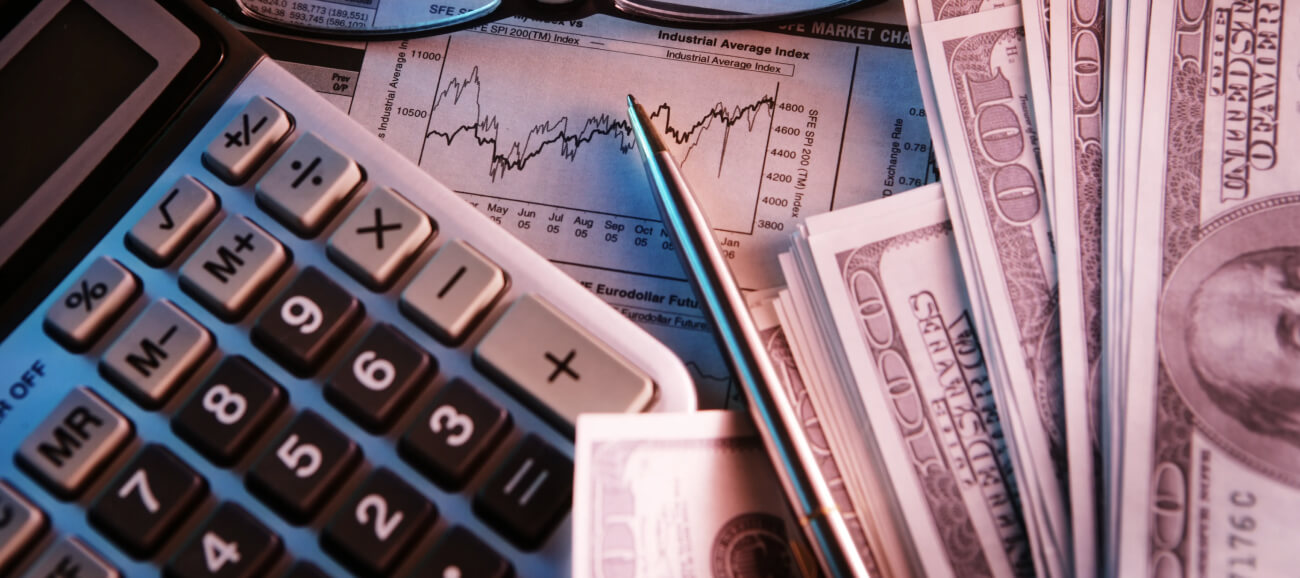

UBS: несмотря на паузу в тарифной войне, инвесторам стоит использовать отскоки на фондовом рынке для продажи акций
16 апреля 2025
Аналитика
16 апреля 2025
UBS: инвесторам стоит фиксировать прибыль на отскоках
Инвесторы должны продавать акции на любых ралли, пока не станет известно больше о том, как тарифы повлияют на экономический рост, заявил главный стратег UBS Бхану Бавея. По его словам, «всегда есть вероятность» того, что S&P 500 может опуститься ниже 5 000 пунктов (против текущих 5 397 пунктов). Таргет банка на конец года составляет 6 400 пунктов, но он находится на пересмотре.
В письме клиентам банка, опубликованном в прошлый четверг, Бавея заявил, что 90-дневная пауза введения в действие повышенных торговых пошлин США привела к значительному снижению так называемого негативного «хвостового риска». Под этим подразумеваются непредсказуемые и экстремальные события, которые могут привести к обвалу рынка и значительным потерям для инвесторов. Но даже сниженные тарифы «будет подразумевать серьезный удар» по экономическому росту.
Экономический удар еще не отражен в ценах
Стратег утверждает, что распродажа акций перед ралли в среду не заложила полностью в цены «экономический удар» от объявления тарифов на прошлой неделе. По его словам, консенсус предполагает рост прибыли S&P 500 на 11,2% в 2025 году и на 12,4% в ближайшие 12 месяцев, но это не соответствует тому, что можно ожидать во время рецессии и обвала внутреннего спроса, который вызвали бы тарифы. Даже если предположить, что универсальные тарифы составят всего 10%, а на китайский импорт — 50% (сейчас они уже выросли до 145% на товары из КНР), то удар по внутреннему спросу может оказаться достаточно сильным, чтобы рост прибыли снизился до однозначных значений или вовсе до нуля.
Стратег также не уверен, что ФРС сможет прийти на помощь в случае экономического спада. «Мы ожидаем, что неопределенность негативно скажется на экономической активности», — говорит он. По его словам, после того как в 2022 году у ФРС возникли проблемы с формированием ожиданий участников рынка, сейчас она «будет действовать скорее реактивно, чем проактивно». И 90-дневная отсрочка по тарифам не гарантия того, что они не будут повышены снова.
Поделиться



